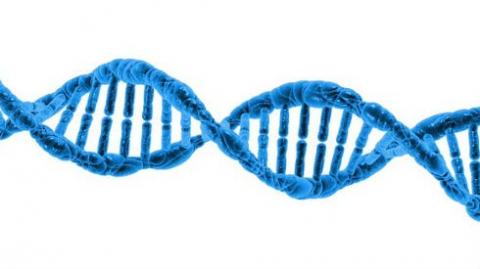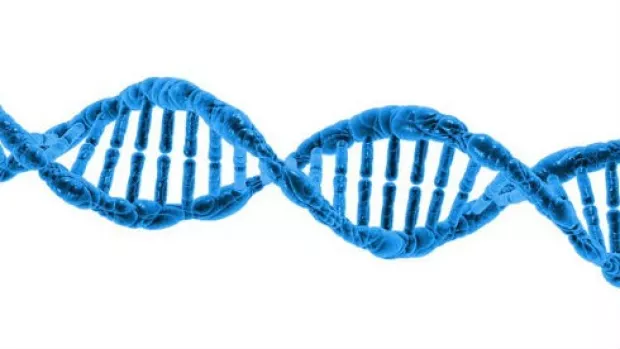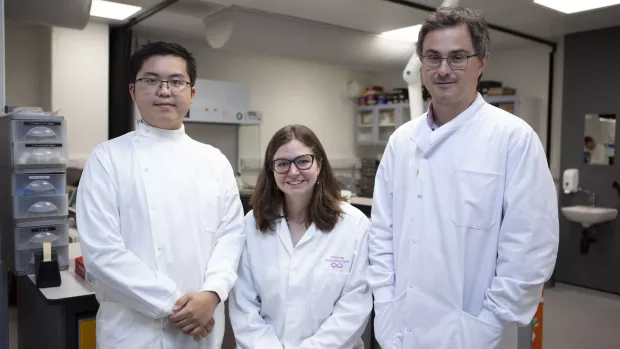Using genetics to predict who will respond to beta-interferon

- Lead researcher:
- Professor Alastair Compston
- Based at:
- University of Cambridge
- MS Society funding:
- £258,530
- Status:
About the project
Beta-interferon is a disease modifying drug (DMD) used to reduce the number of relapses that people with relapsing remitting MS experience. Some people respond well to beta-interferon, some people do not respond well, and others experience bad reactions to the drug.
This three year project will identify genes that help determine whether someone responds well to beta-interferon treatment. Professor Compston’s team will analyse blood samples from:
- 100 people who respond well
- 100 people who don’t respond well
- 50 people who have experienced a bad reaction to beta-interferon
They will analyse participants’ genes to see if there is any way to predict who is likely to respond well to treatment.
How will it help people with MS?
We currently have no way of knowing whether somebody is likely to respond well to beta-interferon. We hope this research will eventually help people with MS and their doctors make more informed decisions about their treatment options.
The difference you can make
By supporting MS research you could help save people from months or even years of ineffective treatment and side effects.




